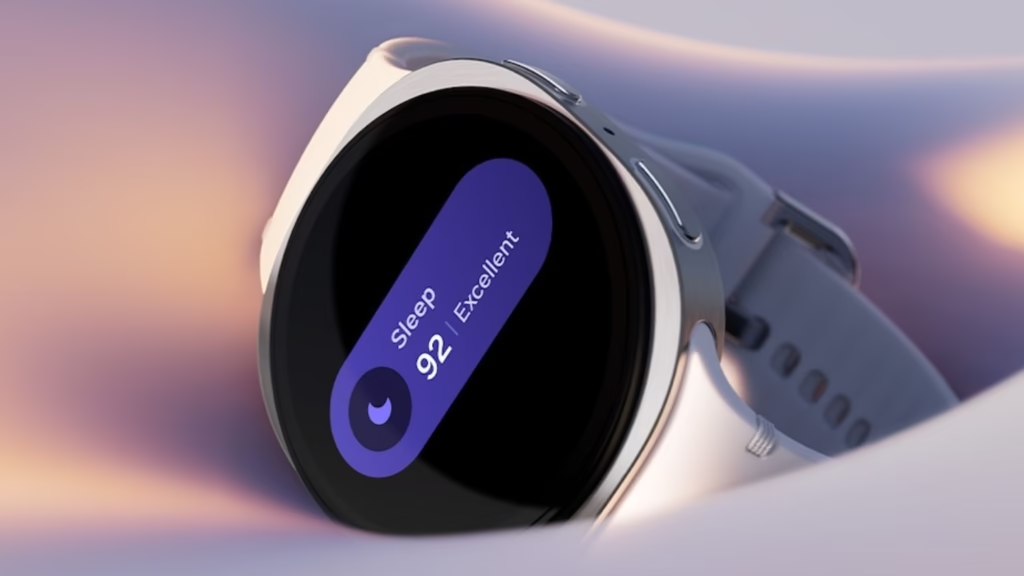At a recent media session held in Seoul, Samsung pulled back the curtain on how it sees the future of its Galaxy Watch lineup — and how it plans to stay ahead in an increasingly competitive smartwatch market. The event wasn’t just about highlighting features of the newly launched Galaxy Watch 8; it was also a candid look at how Samsung views its Chinese rivals and a hint at what’s coming with the Galaxy Watch 9 and Galaxy Watch 10.
Competing With Chinese Smartwatch Brands: Different Goals, Different Paths
Samsung’s Jong Min Choi, who serves as Executive Director, didn’t hold back when asked how the company views the rising popularity of Chinese smartwatch brands. In his view, their growing market share has a lot to do with battery life — but that comes at a trade-off.
“I think the reason Chinese companies’ market share is increasing is because of low power consumption rather than sensor technology,” Choi said.
He explained that many of these wearables rely on very low-power chips, like MCUs (microcontroller units). These help them last longer on a single charge but limit what the watch can actually do. Performance, especially in health features, often takes a backseat.
Samsung, on the other hand, is taking a different route. Rather than chasing battery numbers, the company’s focus is on performance and advanced health tracking, powered by its in-house BioActive sensors.
Why Galaxy Watch 8’s Antioxidant Index Matters
One clear example of Samsung’s long-term thinking is the Antioxidant Index — a new feature introduced with the Galaxy Watch 8 and One UI 8 Watch. At first glance, it might just seem like another health stat, but it’s much more than that.
According to Choi, this feature is the result of five years of research. It measures the oxidative stress in your body, giving you deeper insights into your overall wellness. It’s not the kind of feature you develop in a product cycle or two — it’s something that takes vision and time.
“The Antioxidant Index is actually the result of five years of research,” Choi shared. And it’s that kind of slow-burn innovation that, he believes, separates Samsung from its competitors.
What’s Next: Galaxy Watch 9 and Galaxy Watch 10 Are Already on the Table
Even though the Galaxy Watch 8 is still fresh off the production line, Samsung is already deep into planning what comes next. Choi confirmed that the teams behind the Galaxy Watch are actively discussing which new technologies are ready to move from the lab to production for future models.
“We are discussing with the product planning team the parts of the technology that are closer to commercialization and plan to include them in future products,” he said, referencing the Galaxy Watch 9 and Galaxy Watch 10.
This shows that Samsung isn’t just iterating year by year — it’s mapping out its roadmap multiple generations ahead.
A Strategy Built on Patience, Innovation, and Pride
In a world where many wearables focus on what looks good on paper — like ultra-long battery life — Samsung is carving its niche by focusing on what actually helps users in the long run: deeper health tracking, better performance, and smarter features.
To wrap up the event, Samsung made one thing very clear: the Galaxy Watch series will continue to evolve, not just for the sake of newness, but with pride and purpose, keeping users at the center of every new innovation.

